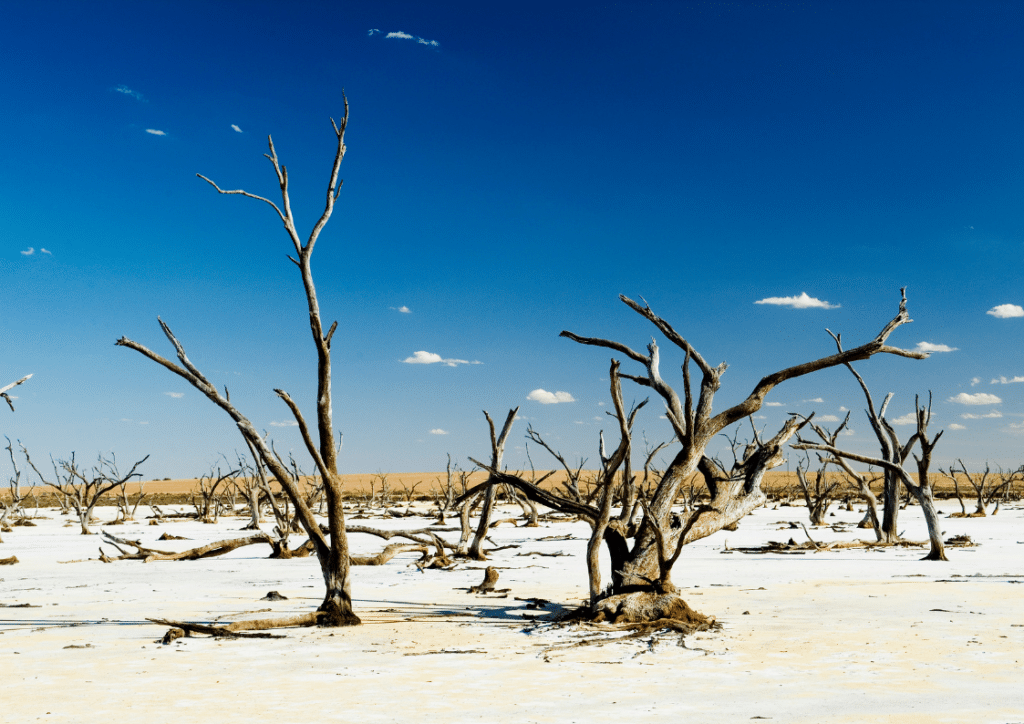The prime minister of Australia has stated the country will not adopt any net-zero emissions targets or undertake more aggressive climate action in the wake of the landmark IPCC report, which finds global temperatures will very likely rise 1.5.°C above pre-industrial levels in less than 20 years.
—
What is Happening?
- On Monday, August 9, the Intergovernmental Panel on Climate Change (IPCC) released the first section of its three-part Sixth Assessment Report detailing the most up to date understanding of our climate system and how it is changing.
- The landmark report is said to be a “code red of humanity”. One of the biggest takeaways from the IPCC report is how global temperatures will very likely rise 1.5°C above pre-industrial levels by 2040, a reality that parties of the Paris Agreement are actively trying to prevent.
- Following the report’s release, the prime minister of Australia Scott Morrison has rejected growing calls to adopt more ambitious emissions goals and to take more aggressive climate actions, saying he would not implement any net-zero targets.
- “Australia is doing its part,” said Morrison. “I won’t be signing a blank cheque on behalf of Australians to targets without plans.”
- Australia is currently one of the world’s biggest fossil fuel and natural gas exporters.
- The country itself has been suffering severe effects caused by climate change. This includes the largest bushfires in the country’s recorded history in 2019-2020, the loss of an estimated 50% of the Great Barrier Reef due to coral bleaching, and average temperatures have progressively increased by 1.4°C since 1910.
- The minister for emissions reduction of Australia, Angus Taylor, echoes Morrison’s climate stance, stating: “Australia is committed to achieving net zero emissions as soon as possible, and preferably by 2050.” However, the Australian government failed to make any commitments or set out any comprehensive measures to do so.
- At the moment, Australia has made a commitment to cut 26%-28% of emissions by 2030 compared to 2005 levels. Yet experts have recommended that there needs to be at least a 45%-60% decrease to mitigate climate change. At its current rate, Australia will only achieve a 22% cut by 2030.
- Australia’s conservative government’s lack of aggressive climate action has been particularly salient on the global stage, especially following their lobby against downgrading the Great Barrier Reef to an endangered world heritage site – highlighting the country’s narrow efforts to restore and conserve the world’s largest reef system.
- At the moment, Morrison and his administration are said to be focused on finding new technology to solve the climate crisis. “We need to take a different approach. We need to focus on the technological breakthroughs that are necessary to change the world, and how we operate,” Morrison said.


















